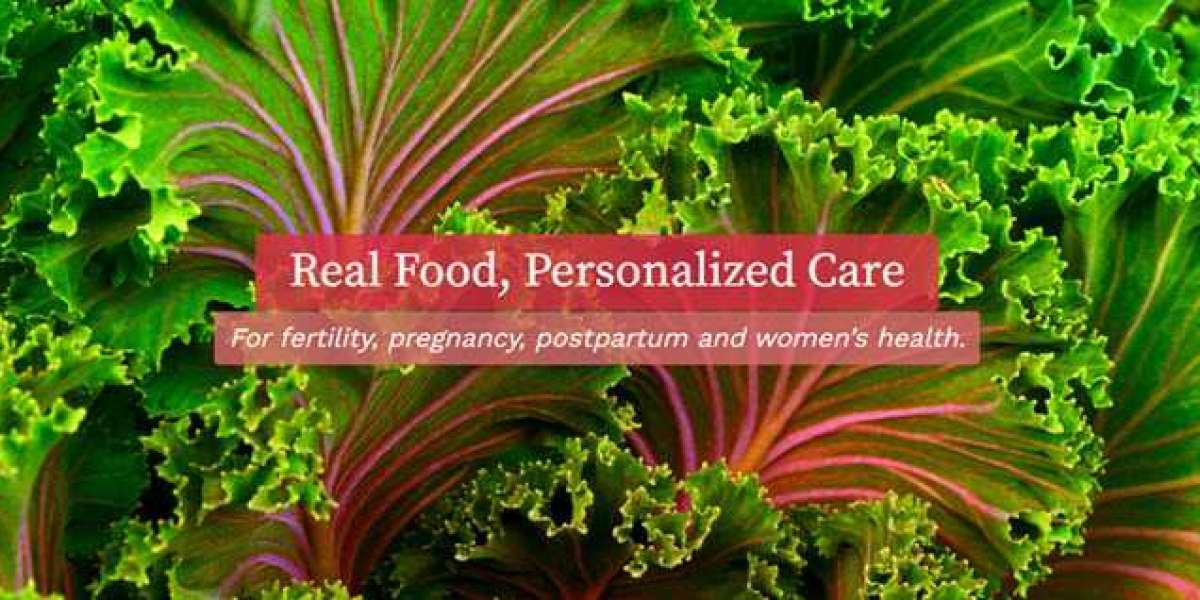Navigating the journey of conception can be both exciting and challenging. For many couples, the road to parenthood is filled with hopes, dreams, and sometimes disappointments. One critical aspect that often gets overlooked in the conversation about fertility is nutrition. As a fertility dietitian, I have seen firsthand how fertility nutrition plays a vital role in enhancing reproductive wellness. This article aims to provide insights into how proper nutrition can support fertility and overall reproductive health.
Understanding Fertility Nutrition
Fertility nutrition refers to the dietary practices that can influence reproductive health in both men and women. Research indicates that a well-balanced diet rich in essential nutrients can positively impact fertility by improving hormone balance, egg and sperm quality, and overall reproductive function.
The Role of a Fertility Dietitian
A fertility dietitian specializes in the dietary needs of individuals and couples trying to conceive. By assessing individual health, lifestyle, and dietary habits, a fertility dietitian can develop a personalized nutrition plan aimed at optimizing reproductive health. Here are some ways a fertility dietitian can help:
- Personalized Nutrition Plans: Each individual’s nutritional needs differ based on their health status, age, and lifestyle. A fertility dietitian can create tailored meal plans that address specific dietary requirements, ensuring you receive the necessary nutrients to support reproductive health.
- Addressing Underlying Health Issues: Many health conditions, such as polycystic ovary syndrome (PCOS), endometriosis, and obesity, can impact fertility. A fertility dietitian can work alongside healthcare providers to address these issues through dietary modifications, helping to improve hormonal balance and reproductive function.
- Education and Support: Understanding the relationship between nutrition and fertility can empower couples to make informed choices. A fertility dietitian provides education on the essential nutrients for reproductive health, helping clients understand how dietary changes can influence their fertility journey.
Key Nutrients for Fertility
Certain nutrients play a crucial role in reproductive wellness. Here are some key nutrients to focus on, along with food sources and their benefits:
- Folic Acid
Folic acid, a B vitamin, is essential for DNA synthesis and cellular division. It plays a vital role in preventing neural tube defects during pregnancy and supports overall reproductive health.
- Sources: Leafy greens (spinach, kale), legumes (lentils, chickpeas), fortified cereals, and citrus fruits.
- Omega-3 Fatty Acids
Omega-3 fatty acids are known for their anti-inflammatory properties and can improve egg quality and hormone balance. They also support fetal development during pregnancy.
- Sources: Fatty fish (salmon, mackerel), walnuts, flaxseeds, and chia seeds.
- Iron
Iron is crucial for maintaining energy levels and supporting healthy blood flow, which is essential for reproductive health. Low iron levels can negatively impact ovulation and fertility.
- Sources: Red meat, poultry, lentils, beans, spinach, and fortified cereals.
- Zinc
Zinc plays a vital role in hormone production and is essential for sperm health in men. Adequate zinc levels can enhance fertility in both men and women.
- Sources: Shellfish, meat, legumes, seeds, and whole grains.
- Vitamin D
Vitamin D is important for hormone regulation and may help improve fertility by supporting ovarian health in women and sperm quality in men.
- Sources: Fatty fish, fortified dairy products, egg yolks, and sunlight exposure.
Foods to Include for Optimal Fertility
Incorporating a variety of nutrient-dense foods into your diet can create a supportive environment for reproductive health. Here are some recommendations:
- Colorful Fruits and Vegetables
Aim to fill your plate with a rainbow of fruits and vegetables. These foods are rich in antioxidants, vitamins, and minerals that support reproductive health.
- Whole Grains
Whole grains provide essential nutrients, fiber, and energy. Opt for brown rice, quinoa, whole wheat bread, and oats instead of refined grains.
- Lean Proteins
Incorporate a variety of protein sources, including poultry, fish, eggs, legumes, and plant-based proteins. Protein is essential for hormone production and overall health.
- Healthy Fats
Healthy fats, such as avocados, nuts, seeds, and olive oil, are important for hormone regulation and provide energy for your body.
- Fermented Foods
Fermented foods like yogurt, kefir, kimchi, and sauerkraut promote gut health, which is essential for overall well-being and can influence fertility.
Lifestyle Factors Impacting Fertility
While nutrition plays a crucial role in reproductive wellness, several lifestyle factors can also impact fertility. Here are a few to consider:
- Maintaining a Healthy Weight
Both underweight and overweight conditions can affect fertility. Maintaining a healthy weight through balanced nutrition and regular exercise can support reproductive health.
- Managing Stress
High stress levels can disrupt hormone balance and negatively impact fertility. Incorporate stress-reduction techniques such as yoga, meditation, or deep breathing exercises into your routine.
- Avoiding Tobacco and Excess Alcohol
Smoking and excessive alcohol consumption can impair fertility in both men and women. Reducing or eliminating these habits can enhance your chances of conception.
- Staying Hydrated
Adequate hydration is essential for overall health. Aim to drink enough water throughout the day to support bodily functions and maintain optimal health.
The Importance of Consultation
Embarking on the journey to parenthood can be overwhelming, and making dietary changes may feel daunting. Consulting with a fertility dietitian can provide the support, knowledge, and guidance you need to optimize your reproductive health. They can help you create a personalized nutrition plan that aligns with your goals and addresses any specific health concerns.
Conclusion
Fertility nutrition is a powerful tool in enhancing reproductive wellness. By focusing on a nutrient-dense diet and making informed lifestyle choices, individuals and couples can create an environment conducive to conception. Working with a fertility dietitian can provide personalized guidance and support throughout your journey.
Whether you're just starting to consider conception or have been trying for some time, prioritizing nutrition can make a significant difference in your fertility journey. Remember, every step you take towards better health can have a positive impact on your chances of achieving your dreams of parenthood. Embrace the power of nutrition, and empower yourself on the path to reproductive wellness.








